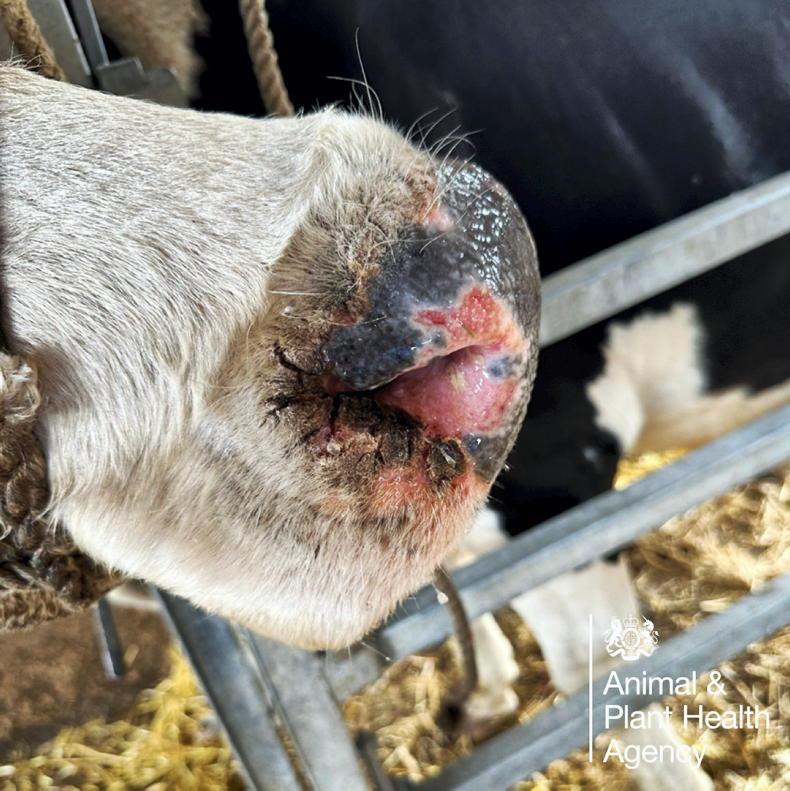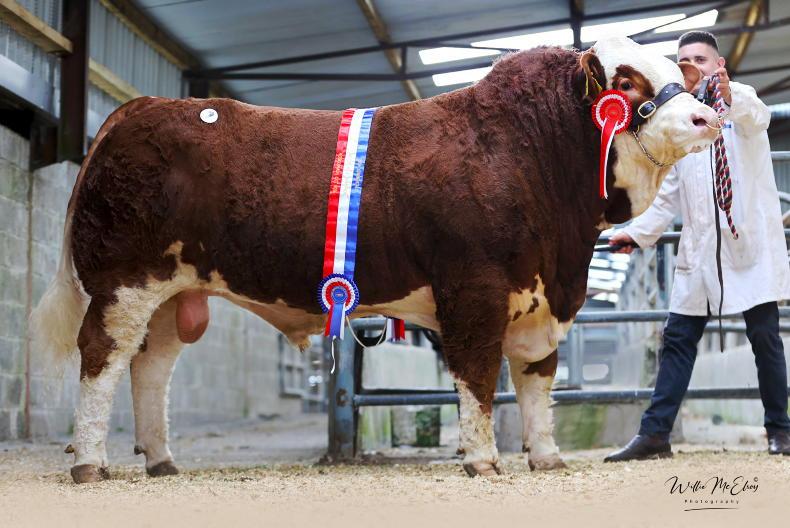While another round of negotiations between officials took place in Brussels this week, the political talk in the UK is increasingly talking about a no-deal Brexit.
New UK Foreign Secretary Jeremy Hunt, who has replaced Boris Johnson, has been on a tour of northern EU countries where his assessment and that of his hosts in most cases is putting the chances of a deal at 50:50.
Customs union and single market best for Ireland
While Irish farmers continue to hope that the UK remains in a customs union and ideally the single market after Brexit, it is becoming increasingly likely that this will not happen.
Anything that moves from this makes trade more difficult with the worst-case scenario being the no-deal situation which means defaulting to WTO rules and the prohibitive tariffs on agricultural exports from Ireland to Britain and across the Irish border.
Free-trade agreement
If a free-trade agreement (FTA) is concluded, and the expectation is that it would be at zero tariffs on all goods, that would allow Irish exports to the UK trade to continue on a cross-border basis.
However, an FTA, even if it is like Canada, still means borders and inspections on third country rules. This means a check on paperwork and random physical checks, all carried out on a risk-based assessment.
For example, a one-off export/import from a non EU member will receive more scrutiny than a company that has a regular trading relationship.
Future relationship
If the future UK-EU trading relationship is based on an FTA, it would enable business continue uninterrupted in the short term, subject of course to custom inspections.
However, in the longer term a simple FTA with the UK with no further commitment would mean that the UK would be free to negotiate its own trade deals, with all that means potentially for Irish farmers. Essentially, if the UK has an FTA with the EU, it can also negotiate whatever FTAs it wants with the rest of the world.
Inevitably, that would mean that potential deals with South American countries, Australia and New Zealand, would mean a huge influx of zero tariff agricultural produce to the UK, displacing Irish in the process.
Hard borders
Strictly speaking, an FTA would mean scrutiny on the Irish border despite both the EU and UK committing to no physical border.
The EU and UK have a backstop agreement that would allow Northern Ireland maintain access to the EU but this is politically difficult. How this is resolved will have an impact on cross-border trade, which could continue as it is if the backstop is adopted in the event of a wider FTA between the UK and EU.









SHARING OPTIONS